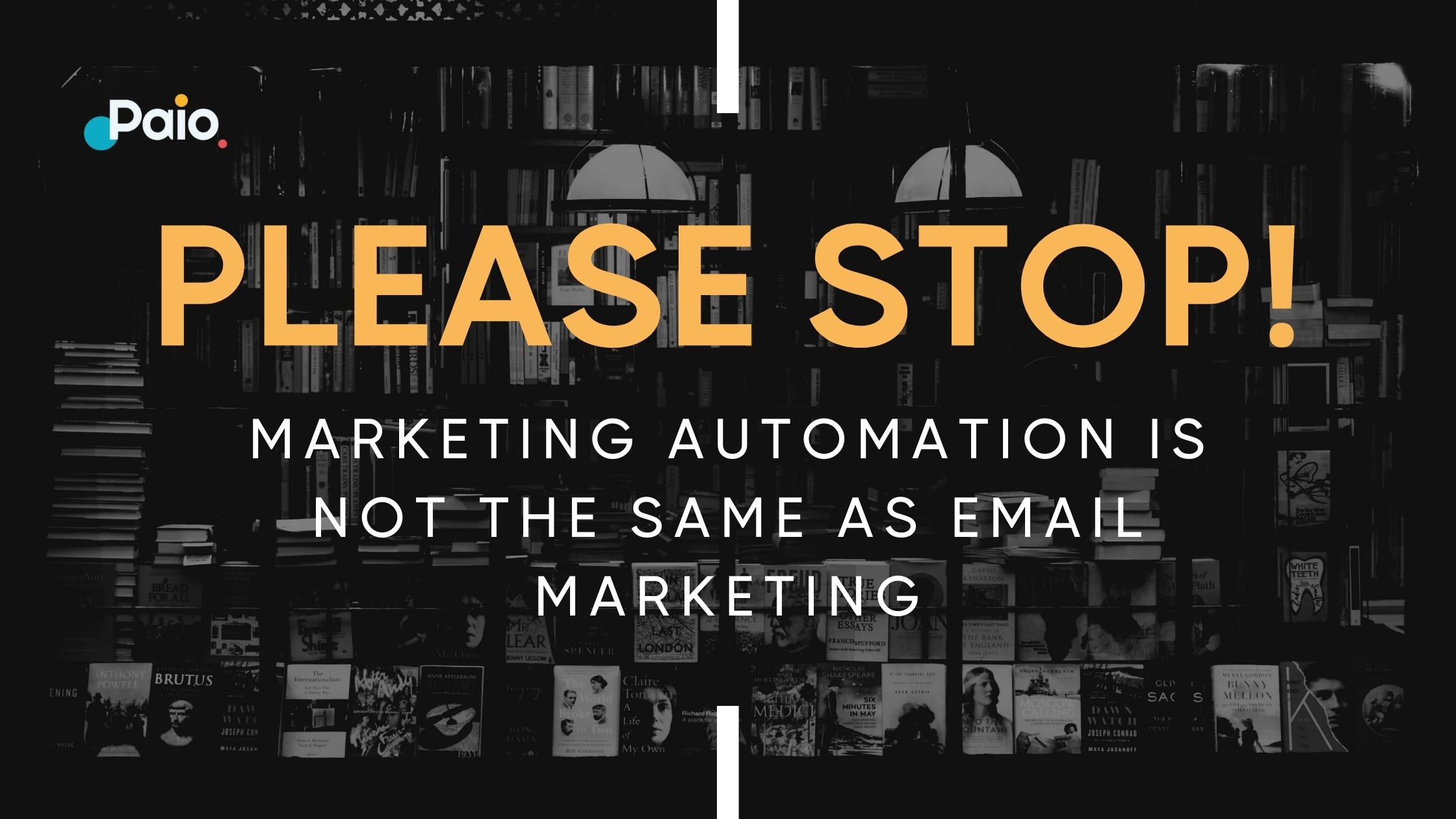Marketing operations is a business function that describes people, processes, and technologies used in implementing an organization’s marketing strategy. Any business that wishes to increase the chances of success of its marketing strategy needs to optimize all the processes involved in marketing operations.
Steps in marketing operations
There are essentially three steps involved in marketing operations. These include;
- System creation, which involves lead building and management.
- Quality Assurance (QA) which involves getting feedback from co-workers regarding what is working and what is not.
- The final step is optimizing the system, which basically involves determining what could work better and making adjustments to ensure efficiency.
The three core functions of marketing operations listed above will help your business grow in several ways that we are going to discuss below;
-
Adaptability and scalability
One of the major benefits of marketing operations is enabling businesses to adapt and scale up with the changing dynamics of the business environment. For instance, a new business will most likely get a handful of leads, and these can be handled by one individual manually without the need of using any sophisticated software.
However, as the market grows, these leads will also increase, and managing them manually will become practically impossible. In such a scenario, marketing operations specialists will have to develop systems for managing hundreds or even thousands of contacts in the most efficient way.
In this case, there will be a need for marketing automation software to help in managing the leads. Experts will also be required to write the rules that can be used to categorize the contacts in the database based on specific parameters, including locations, the companies they work for, the size of these companies, etc.
When leads are arranged in such a manner, the marketing team can easily create personalized campaigns for each category of contacts, which eventually increases the chances of turning such leads into paying customers.
-
Timeliness
Another way marketing operations help businesses to grow is through ensuring timely and well-spaced feedback to clients, which eventually leads to more conversions. When a potential customer sends a message on your website or social media, the longer you take to respond, the lower the chances of turning that person into a paying customer.
With the marketing operations, marketing automation tools are used to create automated replies that can guide the customer to the next step without the need for human intention. Yes, most people hate automatic responses. However, if they are accurate, some people may not even notice they are chatting with a robot. Marketing automation tools use AI and machine learning to generate the best possible reply based on what a prospect is asking.
Marketing operations also facilitate timelessness through the use of tickets internally. Marketers can assign tickets to the most capable individuals in order to improve productivity while handling customer-related issues. To take this even further, most marketing automation tools today can assign tickets to the most competent marketing agent or sales rep automatically.
For these automations to be executed, there have to be set rules that these tools base on to assign tickets. This leads to a better customer experience since all customer issues are now handled by the most qualified personnel.
-
Transparency and accountability
Marketing operations will ensure fair accountability of all members and initiatives in the marketing department. Unlike manually operated marketing systems where another employee does the evaluation, in marketing operations, automation tools are responsible for evaluating the performance of everyone in the department and the marketing campaigns or initiatives executed within a given period.
Automation marketing tools have sophisticated reporting and analytics systems that capture a lot of data related to marketing. This data is always accurate and unbiased, leading to more transparency when it comes to accountability. As humans, we always perform better whenever we are evaluated by a fair and transparent accountability system.
This transparency will also help you to know the best-performing marketing campaigns. With such information, it is much easier to determine the way forward for making campaigns better. You will also determine the change in customer behavior based on seasons, days of the week, and several other factors.
Final thoughts
As we have shared, the three main functions of marketing operations, including system creation, quality assurance, and optimization, will often help businesses to grow faster through enhancing adaptability, scalability, timeliness, transparency, and accountability. If you are running a company that deals with a lot of marketing data, not having the marketing operations function shouldn’t be an option.
The direct outcome that usually comes out of marketing operations is a better customer experience that leads to better conversion rates and more revenue. Marketing operations also reduce the gap between sales and marketing, leading to less friction between the two demands. At the end of the day, all these are wins for the business.


.jpg?width=70&name=11822273_869376790464_4398309784822550341_n%20(1).jpg)


